0
Μαθητές
0
Σχολεία
0
Πόλεις
0
Εκπαιδευτικοί
0
Απόφοιτοι κάθε έτος
0
Μαθητές
0
Σχολεία
0
Πόλεις
0
Εκπαιδευτικοί
0
Απόφοιτοι κάθε έτος
Τελευταία Νέα
Επιλογή θεμάτων
Ανακοινώσεις
Sorry, No data to display.

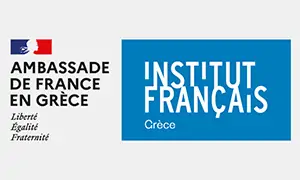



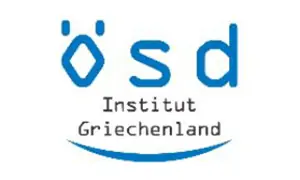
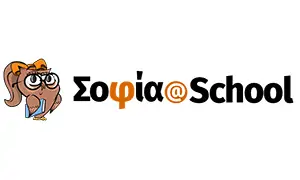

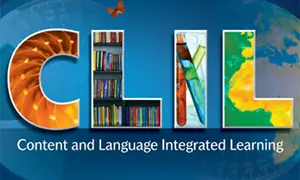
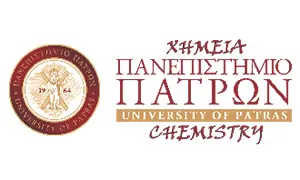

Νηπιαγωγείο Θεσσαλονίκης
Δημοτικό Θεσσαλονίκης
Γυμνάσιο Θεσσαλονίκης
Λύκειο Θεσσαλονίκης